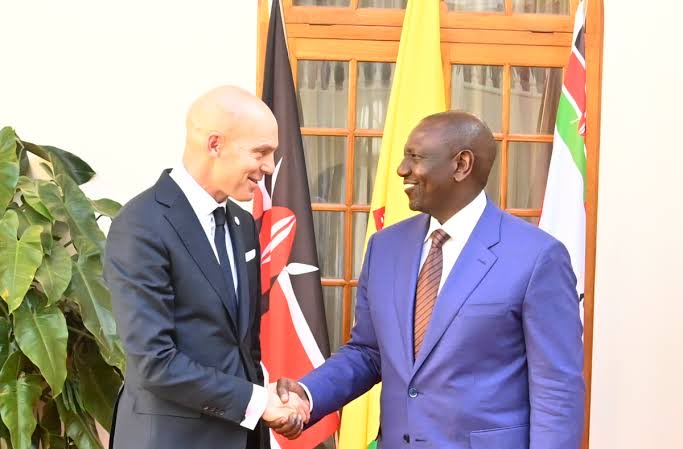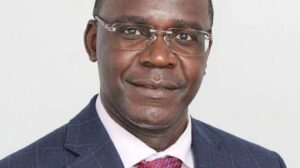The growing involvement of the Global Center on Adaptation in Kenya has sparked public interest and debate, especially as the organization expands its footprint in the country amid shifting financial circumstances abroad.
What began as a collaborative effort on climate adaptation has now evolved into a larger institutional presence, raising questions about transparency, influence, and governance.
The organization’s journey in Kenya gained momentum in July 2022 when it partnered with the University of Nairobi in a deal worth €1.2 million. The funding aimed to support climate adaptation efforts focused on resilient infrastructure across Kenya and East Africa under the Africa Adaptation Acceleration Program.
At the time, the GCA was led by Dutch environmental policy expert Patrick Verkooijen, who emphasized that the partnership would deliver practical climate solutions for vulnerable regions.
The collaboration was widely welcomed, given Kenya’s growing struggle with the effects of climate change, such as droughts and floods.
In January 2024, a development that caught attention came when President William Ruto appointed Verkooijen as the Chancellor of the University of Nairobi for a five-year term.
This appointment coincided with ongoing projects between the GCA and the university, leading some observers to point out the closeness between the financial collaboration and the new leadership role.
Supporters viewed it as a step toward strengthening academic research in climate adaptation, while critics questioned the potential overlap between Verkooijen’s dual roles as the GCA’s CEO and the head of the university.
Meanwhile, in the Netherlands, the GCA’s financial foundation began to weaken. By September 2025, the Dutch government announced plans to stop funding the organization after 2026, citing broad budget cuts.
The decision created uncertainty about the future of GCA’s European base in Rotterdam, prompting the organization to focus more on its growing presence in Africa.
In Kenya, the partnership reached another milestone in July 2025, when President Ruto and Verkooijen attended the groundbreaking ceremony for the new GCA African headquarters in Nairobi.
The modern facility, located at the Kenya School of Government, will feature sustainable designs like solar energy and rainwater harvesting. It will also house offices for the Ministry of Environment, Climate Change, and Forestry, now referred to as Mazingira House.
This arrangement has been viewed as both strategic and controversial supporters see it as an opportunity for collaboration, while critics argue it could blur the line between a government ministry and an international organization.
Concerns deepened in May 2025 when Kenya granted the GCA diplomatic privileges through Legal Notice No. 82 under the Privileges and Immunities Act.
These privileges include immunity from lawsuits related to official work, inviolability of premises, and tax exemptions on imports and staff salaries.
Although such immunities are common for international bodies like the United Nations, some Kenyans questioned why an NGO needed such protections.
Parliament’s Committee on Environment reviewed and approved the arrangement, emphasizing that it would help the GCA operate effectively in the country.
The move, however, triggered public debate online, with social media users tagging the GCA on platforms like X to demand transparency. Many wondered how an organization that enjoys immunity from local jurisdiction would ensure accountability, especially when dealing with environmental and resource-related projects.
The GCA has defended its position, stating that its mission is to accelerate Africa’s adaptation capacity and that its work remains open and focused on resilience.
Its role in Kenya’s climate strategy remains under scrutiny. While its projects could help strengthen adaptation to climate threats, the organization’s rapid rise and unique privileges highlight the need for more public engagement and oversight.
Building trust through open dialogue may determine whether the GCA’s growing influence in Kenya truly serves the broader environmental goals it claims to champion.





















Add Comment